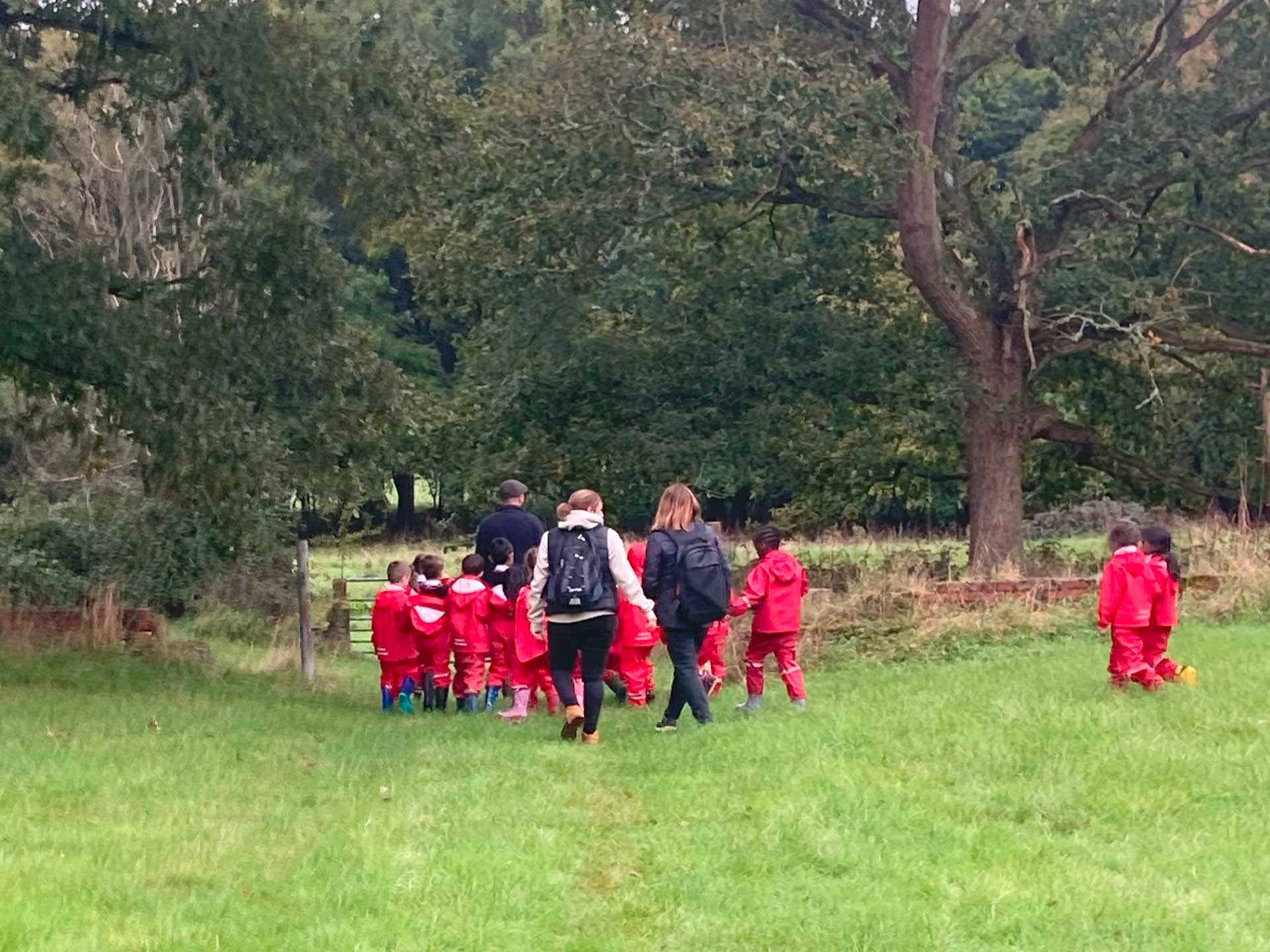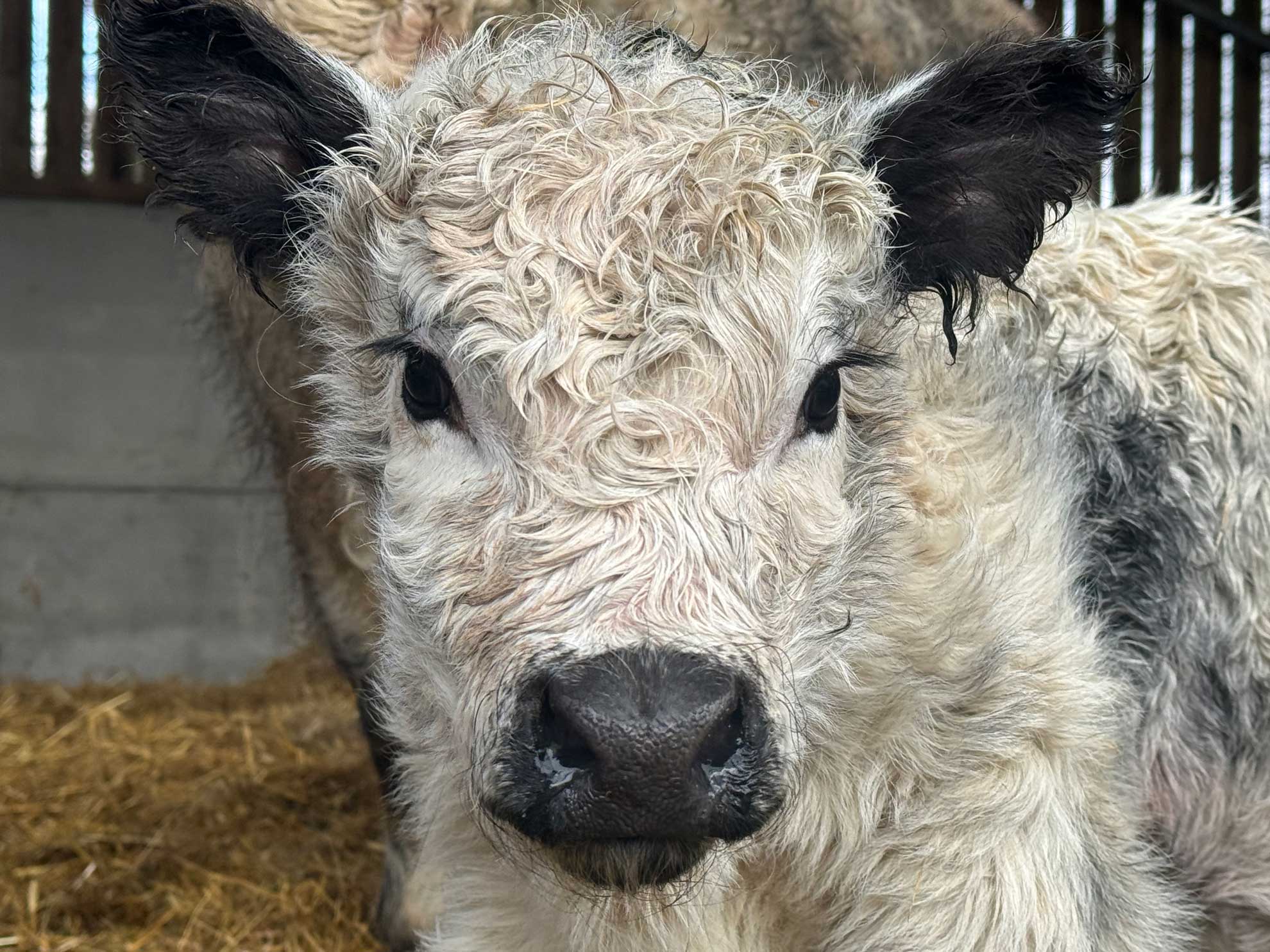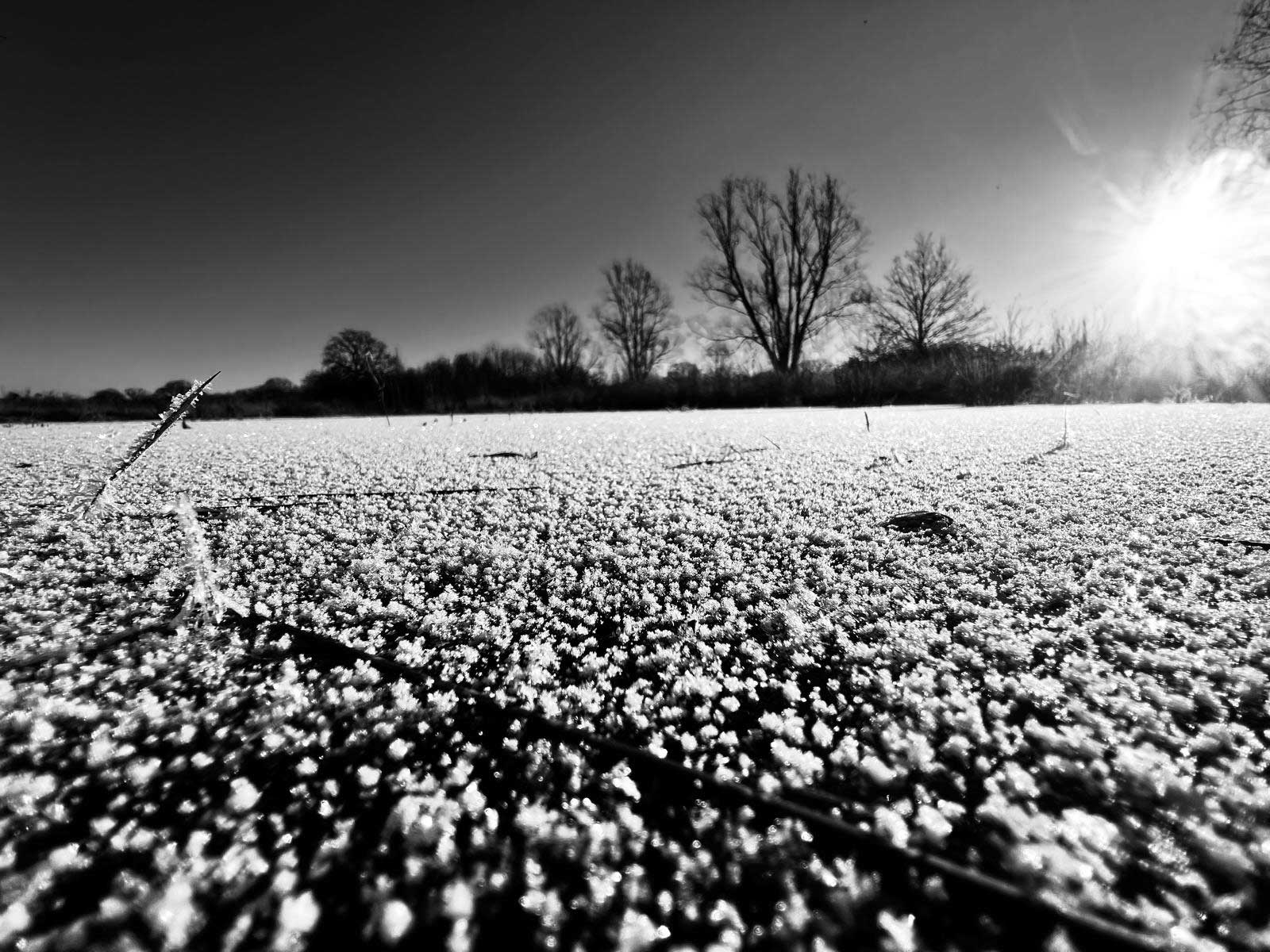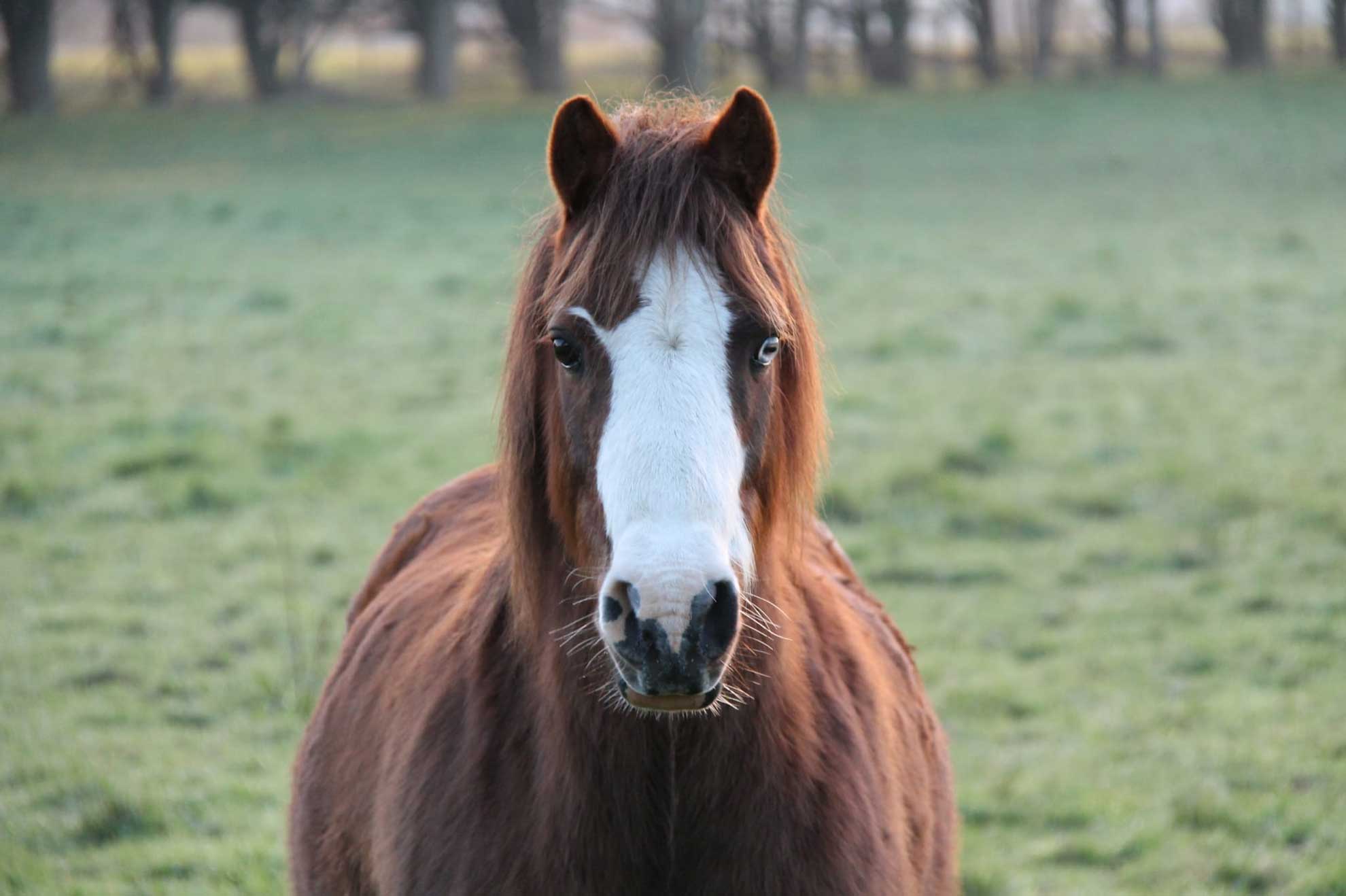From the Blog
Poised on the edge of the void, how do we let go of the known and step into the vast space of the unknown? Knowing we wish to create a shift, in ourselves, in our environment and in the world as a whole is one thing, but how do we actually do it? From birth we recreate the patterns that surround us, we unwittingly copy our parents’ behaviour and take on their biases and view of the world thus perpetuating and recreating the same patterns. The prime shift away from this is during the teenage years where our brains, whilst pruning, re-wiring and expanding, pushes against the parents and looks to other role models or peers for inspiration, guidance and change. This can result in chaos and detrimental behaviour but it is also a prime opportunity to see and create a different view. The teenage brain is primed for change and I see great potential in some of the young people who I encounter to create new patterns, beliefs and ultimately, the new world that is being moulded right now. But where does that leave the rest of us who are not wired for change, but instead, wired for habitual and repetitive behavioural patterns? How do we leave behind our old patterns, beliefs and behaviours that are no longer serving us, and even worse, destroying ourselves, humanity and the whole natural world when, paradoxically, we are primed to stay within our comfort zone and not change at all?
I am mindful of the ‘Four Stages of Competence’ which psychologists have used to describe the stages of learning any new skills:
1. Unconscious Incompetence (Ignorance)
In this stage we have no idea how to do something or that there is even something that needs to be done – most commonly through ignorance. In this stage, we are not helpful to anyone or anything as we don’t even know that we don’t know something. Our analytical side is dominant over the intuitive. But once we realise that there is something we don’t know, we progress onto:
2. Conscious Incompetence (Awareness)
At this stage our intuition is calling out and we become aware of our ignorance; coming to terms with what we don’t know is a significant step towards starting to learn and in this stage, there’s also a willingness to learn something new so there is potential for change.
3. Conscious Competence (Learning)
During this phase, we have learned something new through practise and experience and as long as we can stay focused and concentrating, we will continue with the newly learned tasks. This is a useful stage and is where most work happens and it is also where we grow the most. This is also where the best teachers are to be found.
4. Unconscious Competence (Mastery)
In this stage, we don’t know why we do things, but we just do them that way due to extensive practise and experience; we just get on with it knowing we are listening to our intuition. It has become part of our authentic self. The trouble is, teaching from this place is hard because we don’t know why we are doing what we do, and is often why masters are not the best teachers.
Of course, learning isn’t linear and we dance backwards and forwards between these places as we learn new things within things. But applied to myself and my environment, I have spent most of my life in stage 1: completely oblivious that how we were all living, farming and connecting with the world around us was having such negative consequences. I now see that I have arrived into stage 2 and I am now fully aware that things need to change and wish to develop new skills to create that change, occasionally I even manage to be in stage 3 over certain things and I work hard to create change and do everything ‘better’. Stepping into stage 4 feels like letting go and entering a void. To let go of consciously controlling what we know and surrendering to our intuition’s guidance is something I can feel but I am not there yet.
How do we let go? Meditation helps. I need to create more time for that so I can hear and trust more, and to find the courage to let go of the known and jump, joyfully and trustingly into the void of the unknown. I will then be carried by my unconscious self to where I need to be, and will hopefully find my inner teenager waiting there for me; she will look me in the eye and ask “what took you so long?”

